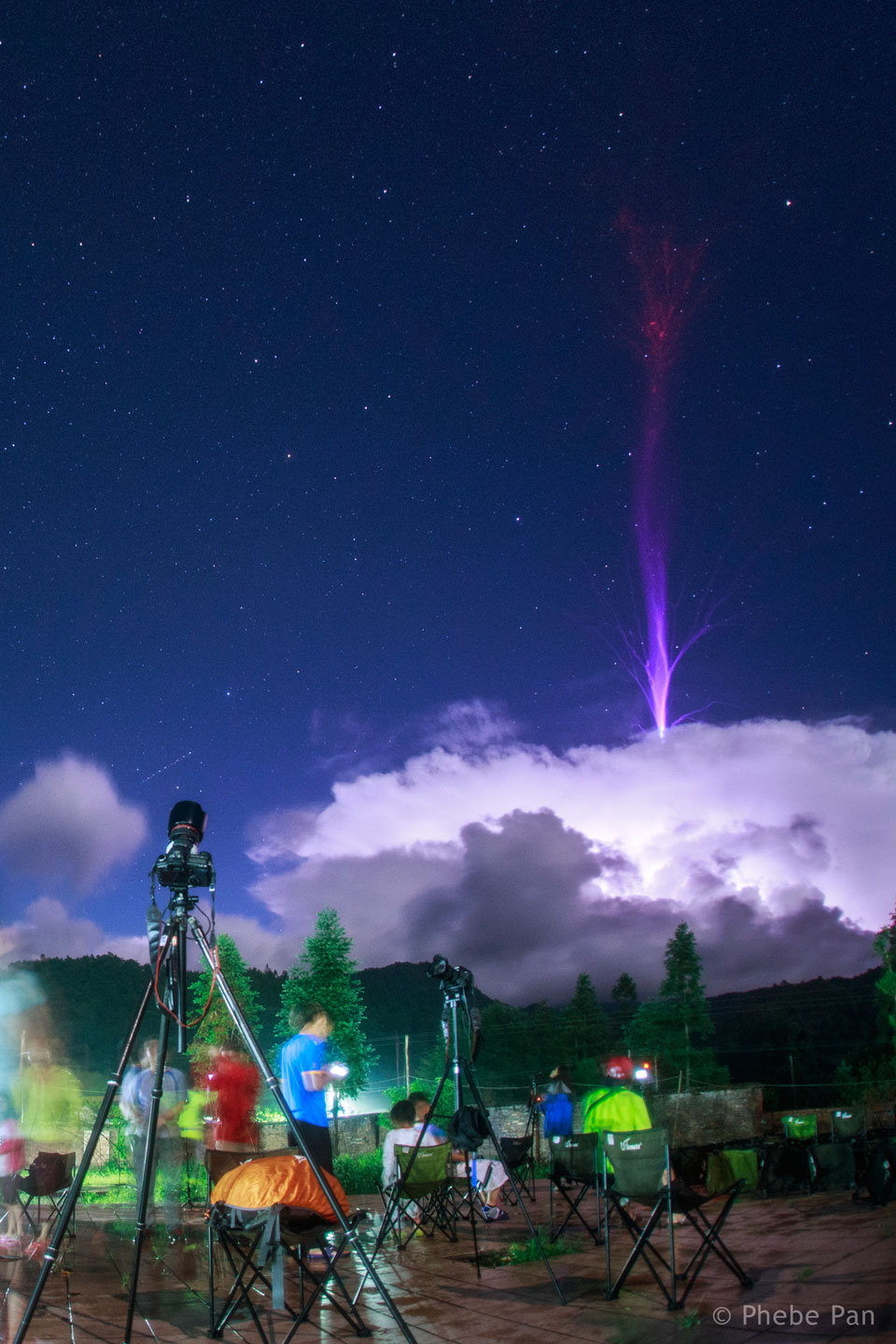- Joined
- Sep 5, 2013
- Messages
- 8,549
- Points
- 113
That's curious indeed, has been in the news for quite some time, and i bet it's some kind of natural phenomenon.
One question is what we'd do if we had the technology. By the time you could build such large structures in space, you'd probably be able to attempt terraforming venus. This would be a huge technical operation we are no where near capable of now, but it could be done at some point.
Mars would be another option, but fundamentally difficult since it's too light to hold an atmosphere. This would mean living under a dome forever.
Venus is perfect in terms of mass if we can remove the current atmosphere. Downside is you get 'days' that last about 4 months effectively on there, but people survive near the poles with polar days and nights that last for months as it is.
Yeah, we'd also need to be able to manage a planet's temperature pretty well too. Venus being located at 0.72AU to the Sun means it will get quite a bit warmer and as the years go by and may become inhabitable unless we can properly cool it. In terms of short term Venus may be a good idea, but long term Mars would make more sense as it won't get "eaten" by our parent star
-Alex
Last edited:




